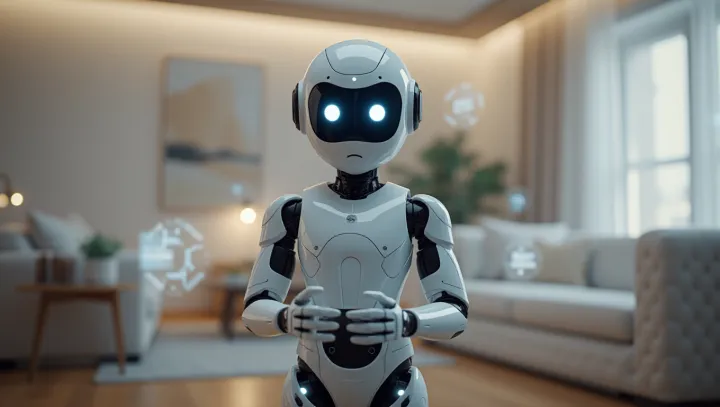How Can Emotionally Intelligent Robots Influence Social Connections?

In the bustling metropolis of Tokyo, a groundbreaking innovation is turning heads: emotional robots designed to comprehend and mirror human emotions. These advanced artificial companions promise to elevate the realm of human-technology interaction, heralding a new era where machines not only execute commands but also engage emotionally with users. Researchers spearheading this project reveal that these robots are equipped with the ability to analyze facial expressions, vocal nuances, and even body language to assess a person's emotional state.
This empathetic capability is heralded as a significant milestone, potentially revolutionizing sectors like healthcare and education. Experts emphasize the profound implications of this technology. Dr.
Hiroshi Tanaka, a leading AI researcher, stated, 'Emotional robots can bridge communication gaps, providing comfort and understanding, especially in settings such as hospitals or classrooms.' The integration of emotion recognition in robotics could redefine norms of societal interaction, fostering a more connected global community. While these developments are promising, questions remain about the ethical use and reliability of such technology. Observers urge a cautious approach, ensuring that these emotional entities enrich, rather than complicate, human experiences.
As the world watches Tokyo's latest technological venture, the possibilities for enriching human lives through empathetic machines seem boundless.
